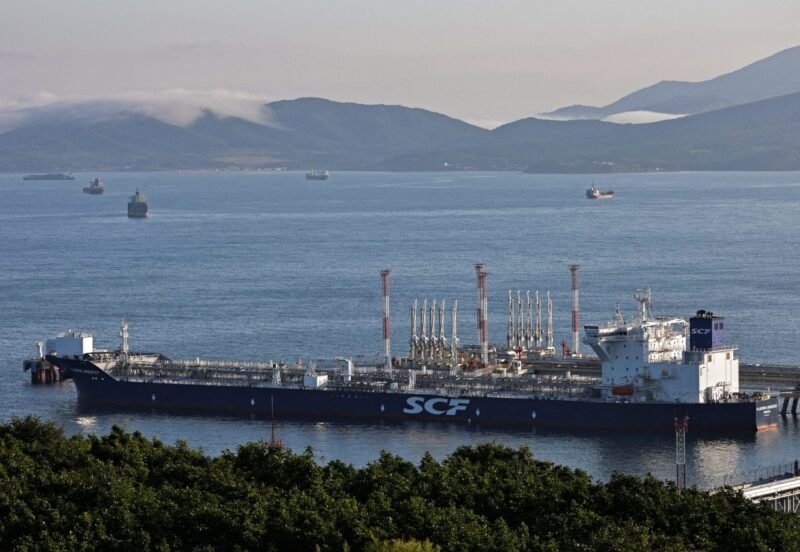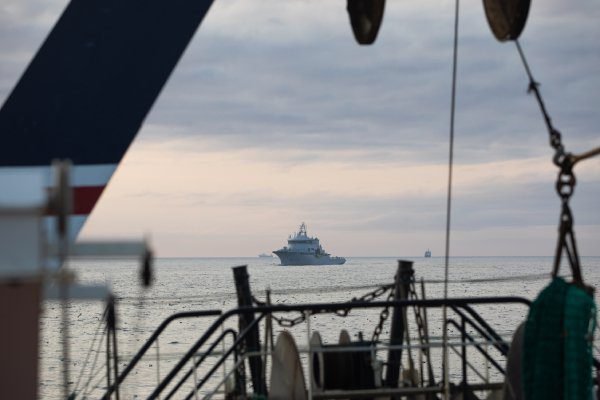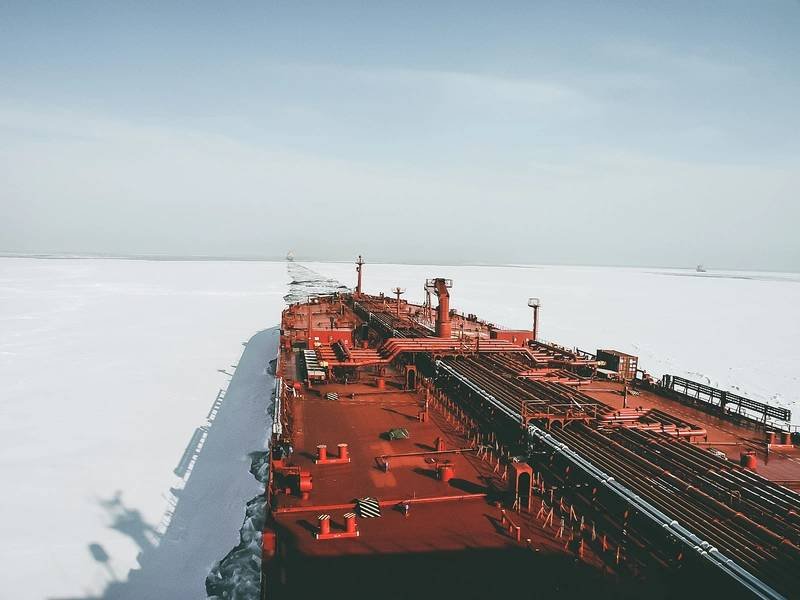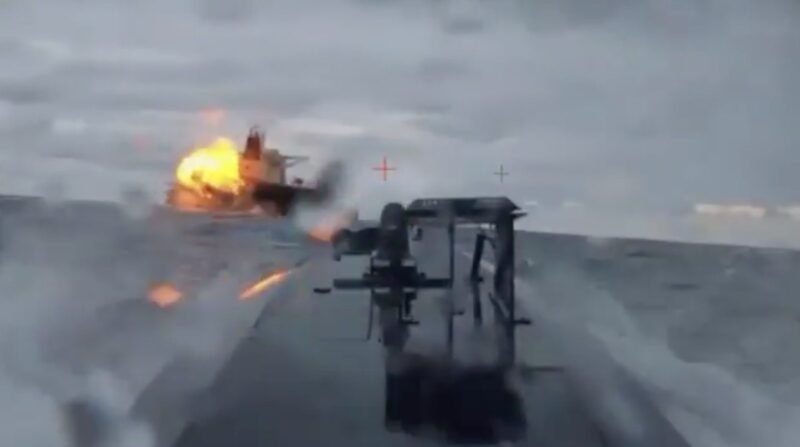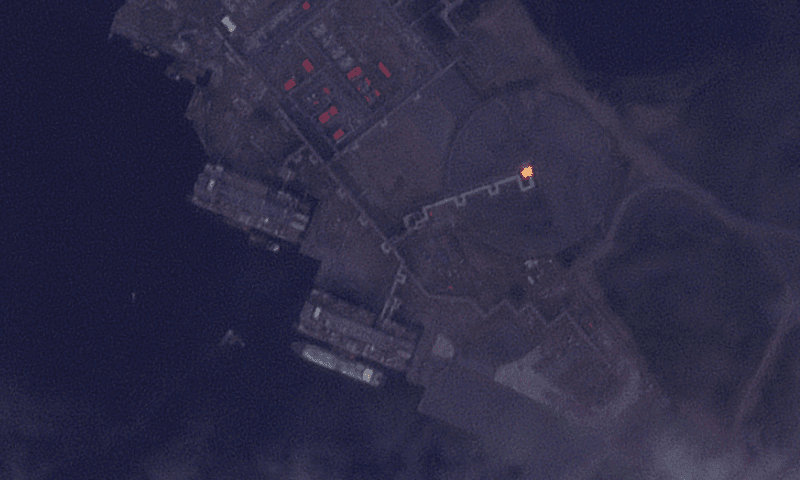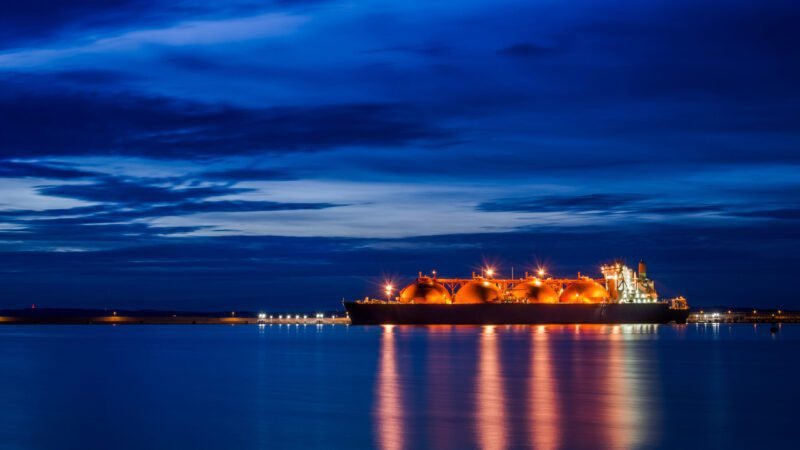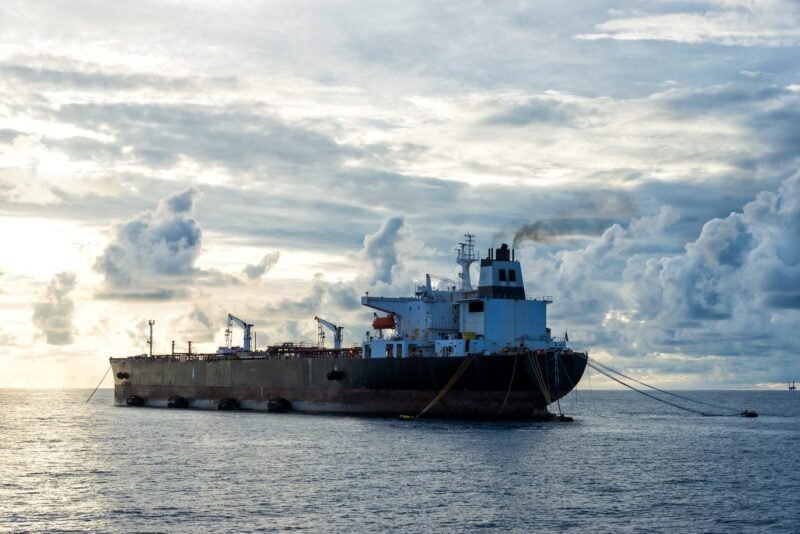Russian state-owned oil tanker company Sovcomflot PJSC denounced Western sanctions on ships carrying Russian oil, stating that these sanctions increase environmental risks by pushing some vessels out of regular trade. Since late last year, the US, EU, and UK have ramped up measures against Sovcomflot’s ships and those in the shadow fleet, which are not part of Sovcomflot.
Sovcomflot asserted its adherence to high safety standards and distanced itself from the shadow fleet tankers. However, the company criticized Western restrictions for penalizing responsible shipowners and deteriorating maritime safety standards by forcing well-maintained vessels out of trade. This exacerbates environmental risks in oceans worldwide.
Western authorities allow companies to transport Russian crude oil if it costs $60 or less per barrel. Shipping industry players transporting cargoes above this price face limitations on utilizing Western service providers, impacting insurance availability and access to prestigious tanker owners. Despite part of Sovcomflot’s tanker fleet being blacklisted, the company is gradually reintroducing its vessels into service.
The rise of shadow fleet vessels operated by opaque shell companies with no industry-standard insurance poses environmental and operational risks, especially in crucial sea routes like the Danish and Turkish straits. These vessels have been involved in incidents like fires, engine failures, collisions, loss of control, and oil spills. The costs of managing such incidents often fall on governments or insurers of other ships involved, highlighting the consequences of shadow fleet operations on the maritime industry.
Share it now


